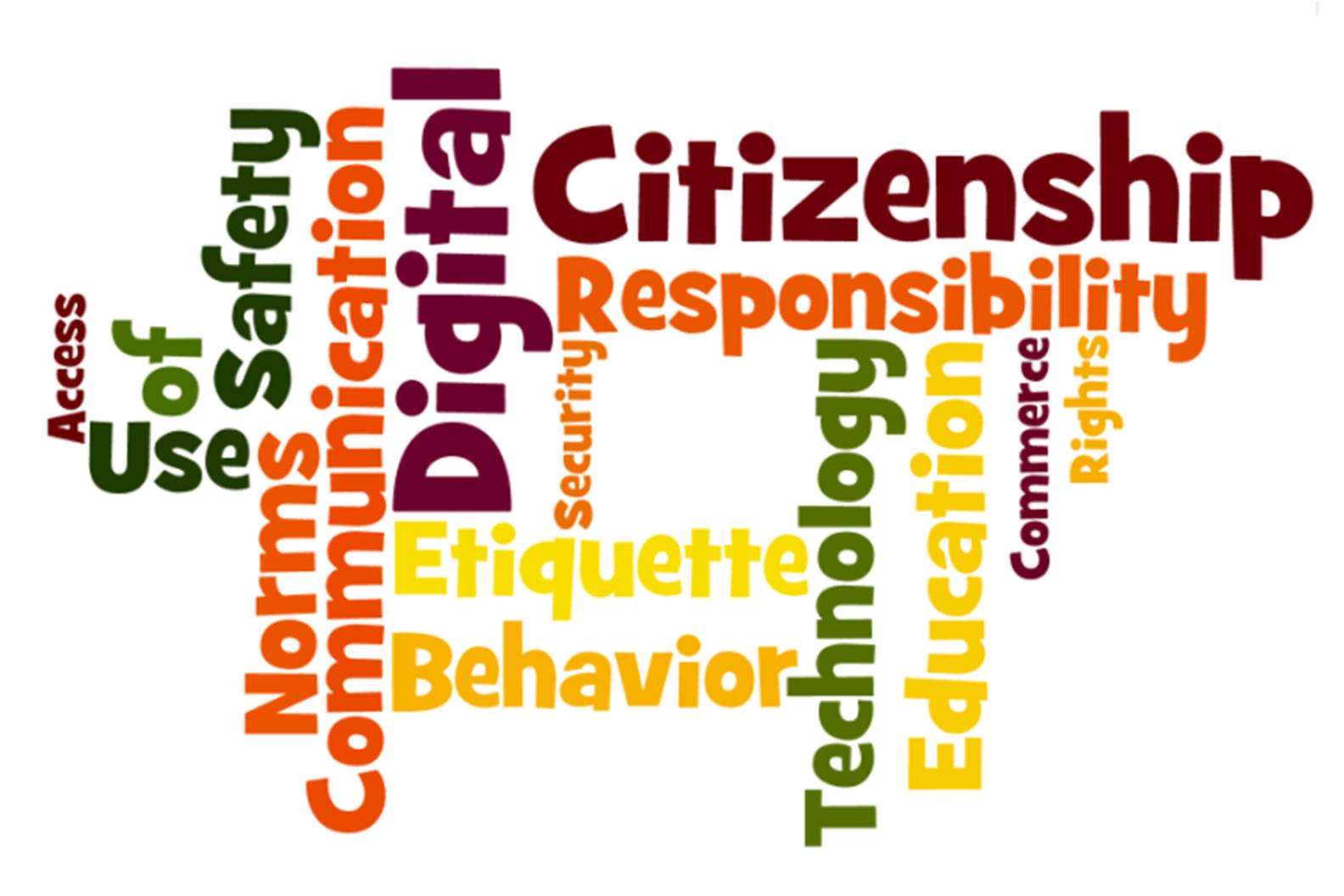In the light of these needs the Secondary Education Commission has recommended the following four-fold aims of education:
(i) Development of democratic citizenship:
The Secondary Education Commission has visualised the Secondary Education as the end of all formal education for the majority of the citizens and as such it must assume responsibility of providing that type of education which would enable the students to develop qualities which are of great importance for them to bear worthily the responsibilities of a democratic citizen.
A democratic citizen is required to develop many qualities intellectual, social and moral.
(ii) Improvement of vocational efficiency:
ADVERTISEMENTS:
The second important aim of our educational system would be to increase the productive or technical and vocational efficiency of our students. This includes:
(a) Creating a new attitude to work an attitude that implies an appreciation of the dignity of all work, however ‘lowly’.
(b) Making the students realise that self- fulfillment and national prosperity are only possible through work in which everyone must participate and a conviction that when our educated men take any piece of work in hand they will try to complete it as efficiently and artistically as their powers permit.
ADVERTISEMENTS:
(c) Making attempts by all the teachers to ensure that such an attitude on the part of the students finds expression in every activity of the school.
(d) Promotion of technical skill and efficiency at all stages of education so as to provide trained and efficient personnel to work out schemes of industrial and technological advancement.
Provision of diversified courses at the secondary stage so that a large number of students may take up agricultural, technical, commercial or other practical courses which will train their varied aptitudes and enable them either to take up vocational pursuits at the end of the Secondary course or to join technical institutions for further training.
(iii) Development of personality. This includes:
(a) Releasing the sources of creative energy in the students so that they may be able to appreciate their cultural heritage.
ADVERTISEMENTS:
(b) Cultivating rich interests which they pursue in their leisure and contribute, in later life, to the development of this heritage.
(c) Giving a place of honour in the curriculum to the subjects like art, craft, music, dancing and the development of hobbies.
(iv) Development of the qualities for leadership:
This is important for the successful functioning of our democracy. Education must train our students for discharging their duties efficiently. They must be trained in the art of ‘leading’ and ‘following’ others.
Our Secondary Education must train persons who will be able to assume the responsibility of leadership in the social, political, industrial or cultural fields—in their own small groups of community or locality.
Leadership calls for a higher standard of education, a deeper and clearer understanding of social issues and greater technical efficiency.

